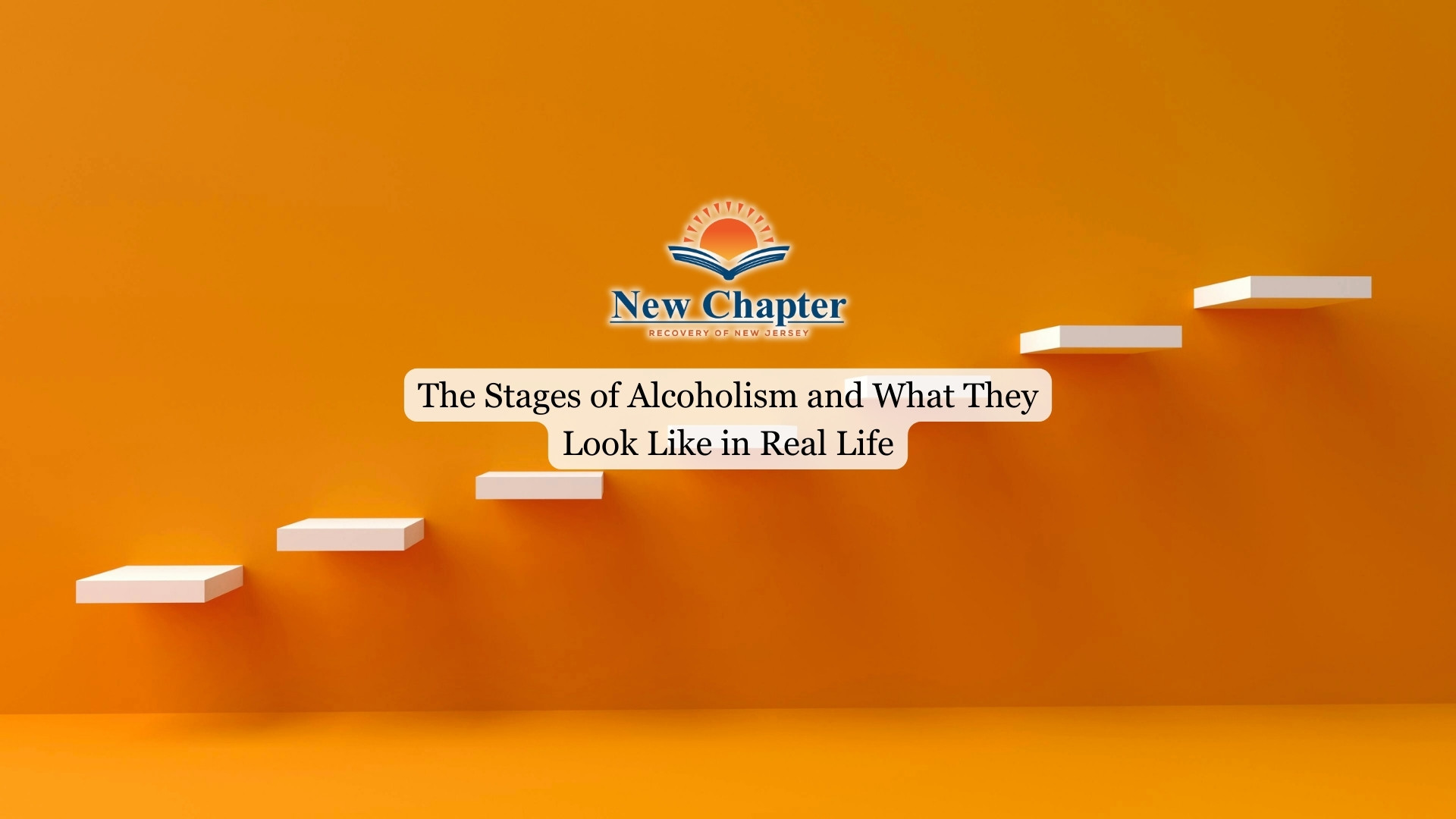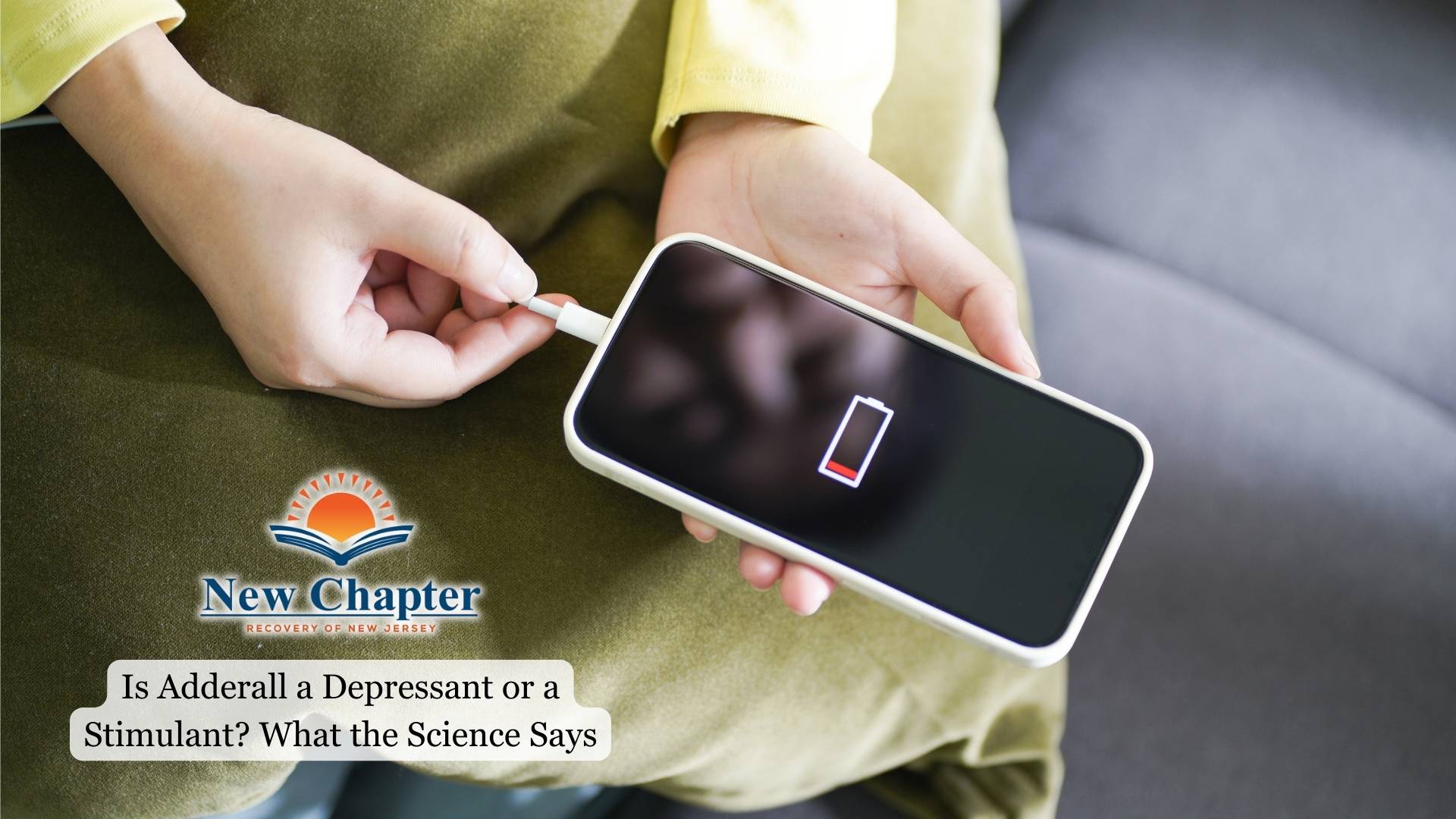Ativan, the brand name for lorazepam, is a widely prescribed benzodiazepine commonly used to treat anxiety disorders, insomnia, and seizures. While its therapeutic uses are well-documented, its broader impact on the body, particularly the cardiovascular system, raises important questions.
This article will explore how lorazepam works in the body, how Ativan may affect heart rate and blood pressure, and what risks may arise from long-term use or abrupt discontinuation. It will also examine the potential for dependence and withdrawal, the seriousness of cardiovascular side effects, and when to seek medical guidance.

How Lorazepam Works in the Body
Lorazepam belongs to a class of drugs known as benzodiazepines, or benzos, which are central nervous system depressants. These drugs enhance the activity of gamma-aminobutyric acid (GABA), a neurotransmitter that blocks excessive brain activity. By amplifying GABA’s calming effect, lorazepam helps to reduce anxiety, promote sleep, and prevent seizures.
The calming sensation that people who take lorazepam often experience is a result of its ability to slow down the nervous system. This sedation can influence other physiological processes, including heart rate and blood pressure. Ativan can also cause drowsiness, dizziness, and a general sense of relaxation, all of which are common side effects.
If you or a loved one is facing challenges with Ativan dependence, our Ativan outpatient addiction treatment program offers structured, compassionate care to support lasting recovery. We provide personalized plans that help manage withdrawal, develop healthier coping strategies, and address the emotional side of benzodiazepine addiction.
Effects of Ativan on Heart Rate and Blood Pressure
Ativan can lower heart rate in some individuals by decreasing the overall activity of the central nervous system. This slowing down may also result in low blood pressure, particularly in older adults or those taking a higher dose. In clinical settings, lorazepam is sometimes used to reduce heart rate in cases of acute agitation or anxiety-induced tachycardia, where calming the patient also calms their heartbeat.
However, this effect is not universal. In some people, especially those using Ativan long-term or at high doses, the drug can cause fluctuations in heart rhythm or contribute to arrhythmia. Although not common, these serious side effects require close monitoring by a healthcare provider.
It’s also important to note that Ativan affects the heart indirectly. It does not target cardiac tissue specifically but works by calming the nervous system, which in turn may also lower heart rate. For patients with heart conditions, this effect on heart rhythm should be evaluated before they begin using Ativan or drugs like Ativan.

Cardiovascular Risks and Serious Side Effects
While Ativan can reduce anxiety and calm the body, its use is not without risk. Among the serious side effects of Ativan are irregular heartbeat, slow heart rate, and low blood pressure. These adverse effects are more likely to occur in individuals with underlying heart conditions or when combined with other central nervous system depressants.
Using Ativan alongside substances such as alcohol, opioids, or other sedatives can intensify its depressant effects, increasing the risk of dangerously low blood pressure or heartbeat irregularities. These situations may require immediate medical intervention.
An allergic reaction, although rare, can also affect the cardiovascular system and present symptoms such as rapid heartbeat or low blood pressure.
Dependence, Misuse, and Withdrawal Effects
Long-term use of Ativan can lead to physical dependence. Over time, the body may require a higher dose to achieve the same calming effects, increasing the risk of misuse. When someone becomes dependent on Ativan, stopping the medication abruptly can cause withdrawal symptoms, including a spike in heart rate, anxiety, tremors, and even seizures.
Withdrawal from Ativan should always begin with a medically supervised tapering process. People who stop taking Ativan suddenly, especially after long-term use, are at risk of experiencing severe symptoms. Lorazepam addiction is a real concern, and treatment options should be discussed with a healthcare provider if signs of dependence and withdrawal appear.
Symptoms such as insomnia, irritability, or a racing heartbeat may indicate that the body is adjusting to the absence of the drug. This highlights the importance of closely monitored discontinuation, particularly for those who take Ativan every day or have a history of substance use.
Long-Term Use and Its Broader Impacts
The long-term effects of Ativan extend beyond just cardiovascular concerns. Chronic use can alter how the brain responds to stress and relaxation, potentially disrupting normal GABA activity. Over time, the calming effects of lorazepam may weaken, requiring higher doses for the same relief, and increasing the risk of addiction and dependence.
Prolonged use can also affect the heart indirectly by impairing respiratory and neurological functions. Ativan can lead to decreased oxygen levels and lower circulation efficiency, especially in older adults or those with existing medical issues. These long-term effects can become particularly concerning when combined with other medications or when the user has underlying health conditions.
Healthcare professionals may reassess the prescription over time, especially if the patient begins experiencing cardiovascular issues or signs of long-term Ativan use complications. Adjusting the dose or switching to a different medication may help reduce anxiety without the same risks to heart health.
Final Thoughts from New Chapter Recovery
At New Chapter Recovery, we understand the complex challenges that come with Ativan dependence. Our outpatient treatment programs in New Jersey combine evidence-based care with personalized support to help clients safely navigate withdrawal, address emotional triggers, and rebuild their lives. We take a holistic approach that focuses on long-term healing, physically, mentally, and emotionally, so each individual can move forward with confidence and stability in recovery.






